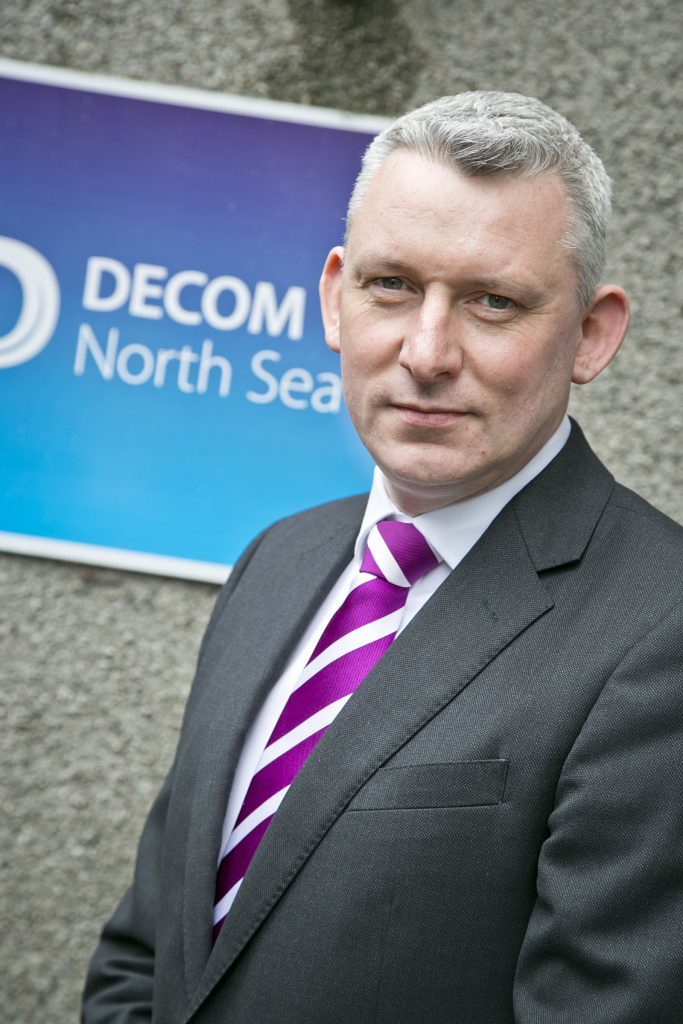
North Sea operating companies are slowly coming round to the idea that the spectre decommissioning is not going to vanish, an industry chief said.
Attitudes toward decommissioning have tended to be lukewarm at best among operators who are focused on prolonging production from mature assets.
But Roger Esson, chief executive of industry body Decom North Sea (DNS), said more operators were starting to put their minds to the task.
Speaking ahead of his visit to the Offshore Northern Seas (ONS) conference in Stavanger, Mr Esson said: “I would not say operators are warming to the idea but we are seeing them put plans in place for decommissioning strategies.”
It will be Mr Esson’s first trip to ONS in his capacity as chief executive of DNS.
He said: “For us, attending ONS is about getting out there and meeting our members who are travelling over from the UK as well as our members from Norway, the Netherlands and Belgium.
“It gives us a chance to gather Market intelligence and find out what’s happening in the Norwegian market, and understand how we are sharing knowledge and working on both sides of the North Sea’s invisible dividing line.
“We want to get feedback from our Norwegian members on where they are at with the process and work out how we can support them.”
DNS is holding a seminar on Wednesday to introduce Norwegian members to its new online decommissioning toolkit.
DNS launched the Late Life Planning Portal, also known as L2P2, last week.
L2P2 provides a platform for knowledge sharing between regulators, operators and the supply chain and has “limitless potential” for improving collaboration.
DNS’s busy schedule at ONS also includes a meeting with the Norwegian Petroleum Directorate, which is the country’s oil and gas industry regulator.
DNS is the industry body for decommissioning for the whole of the North Sea, not just the UK sector.
Mr Esson said he was interested in finding out what DNS can do to support Norwegian authorities, as it does with the Oil and Gas Authority and the energy department in the UK.
But Mr Esson said he was not sure whether a joint decommissioning strategy between UK and Norwegian authorities was viable.
He said: “I would never say never, but there would need to be a discussion about how that would work in practice – who would pay for what?
“We’re not at the stage of having anything joined up. The UK is slightly further ahead than Norway in terms of decommissioning.
“The important thing for us is to work out what lessons Norway can learn from us and to make connections over there.
“Sharing best practice is a good way to go.”
Recommended for you

